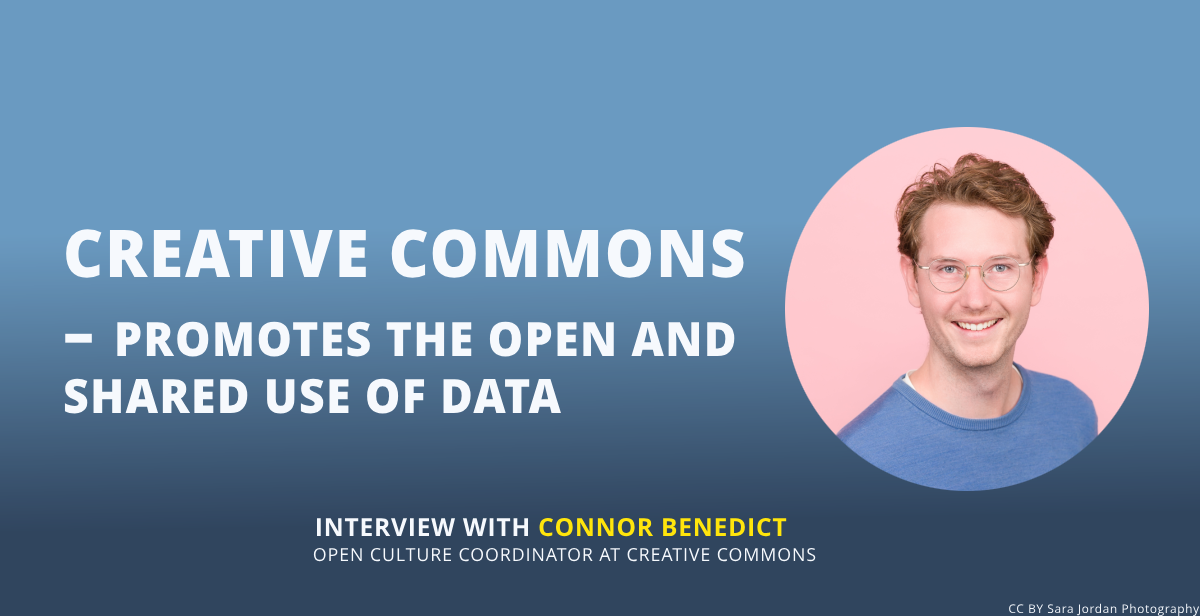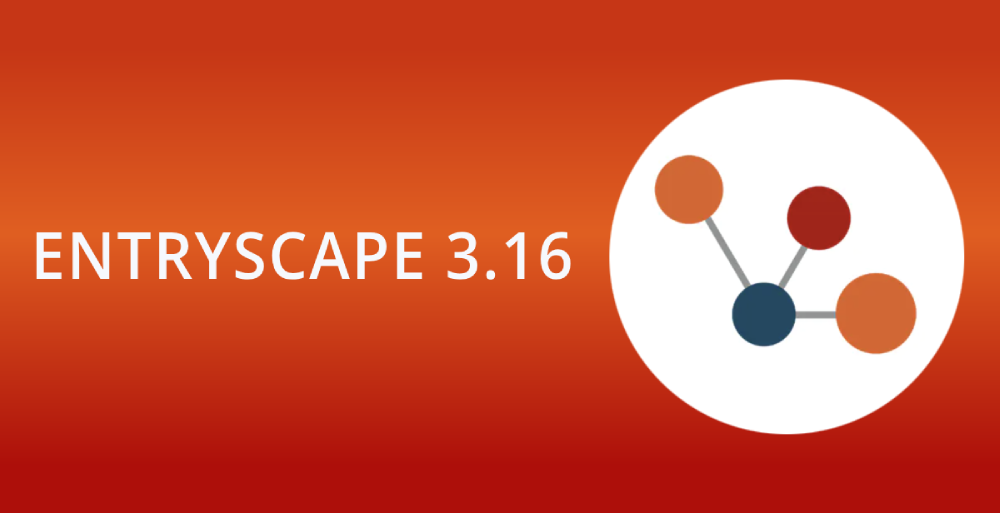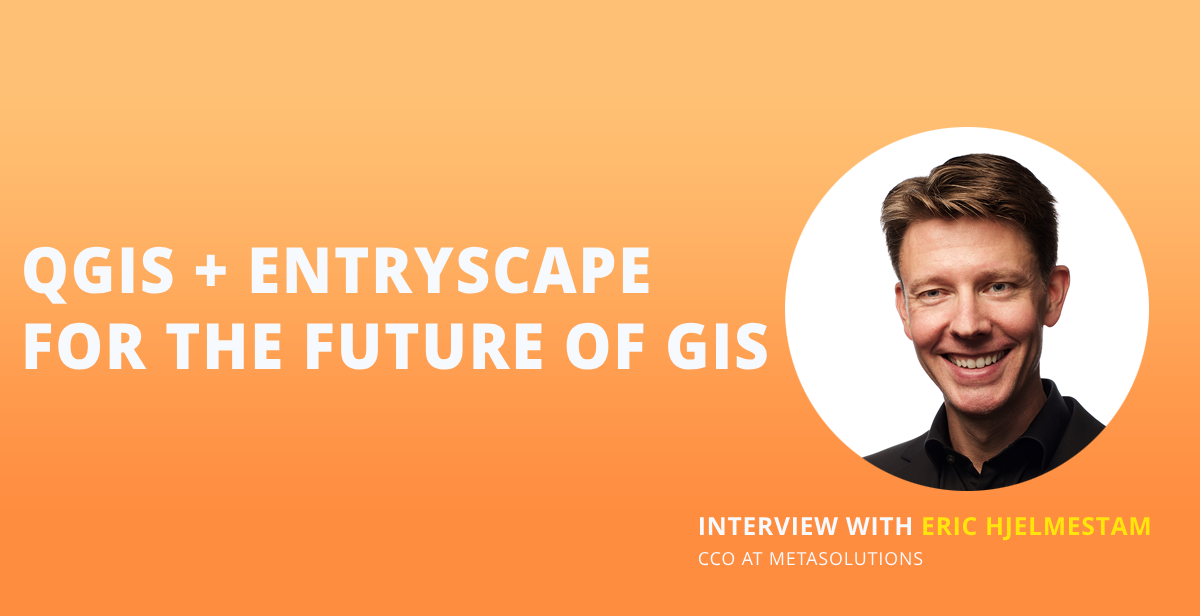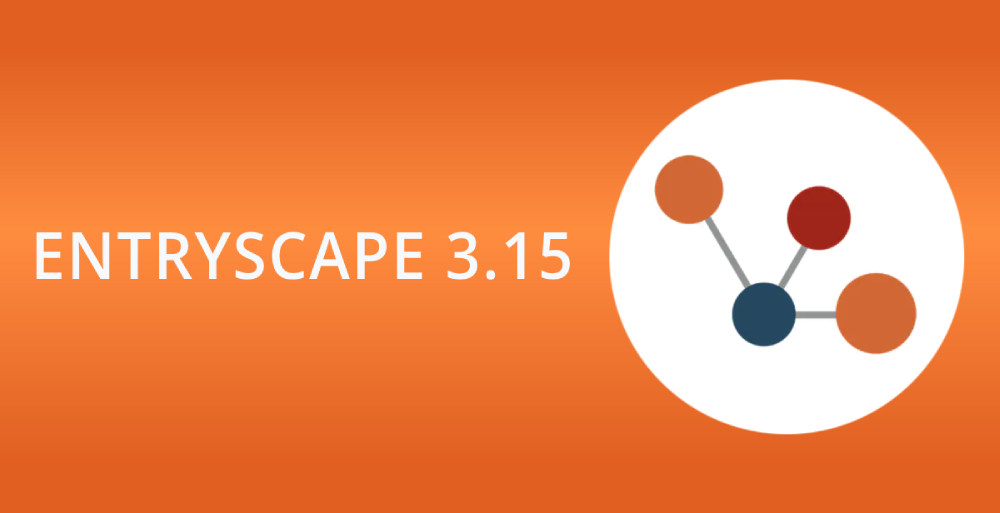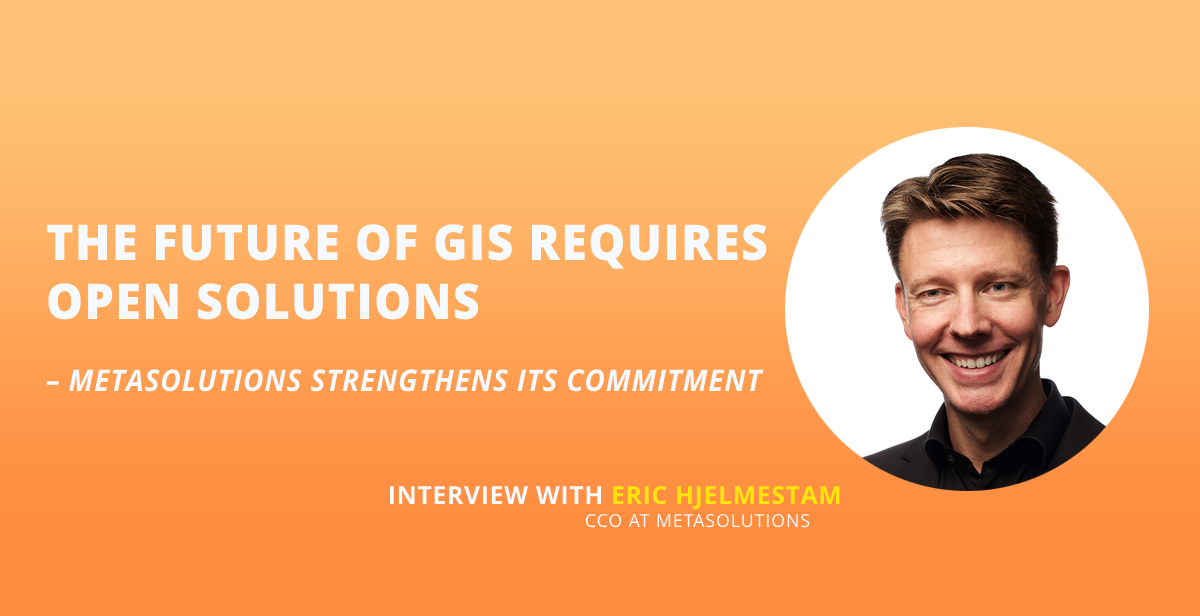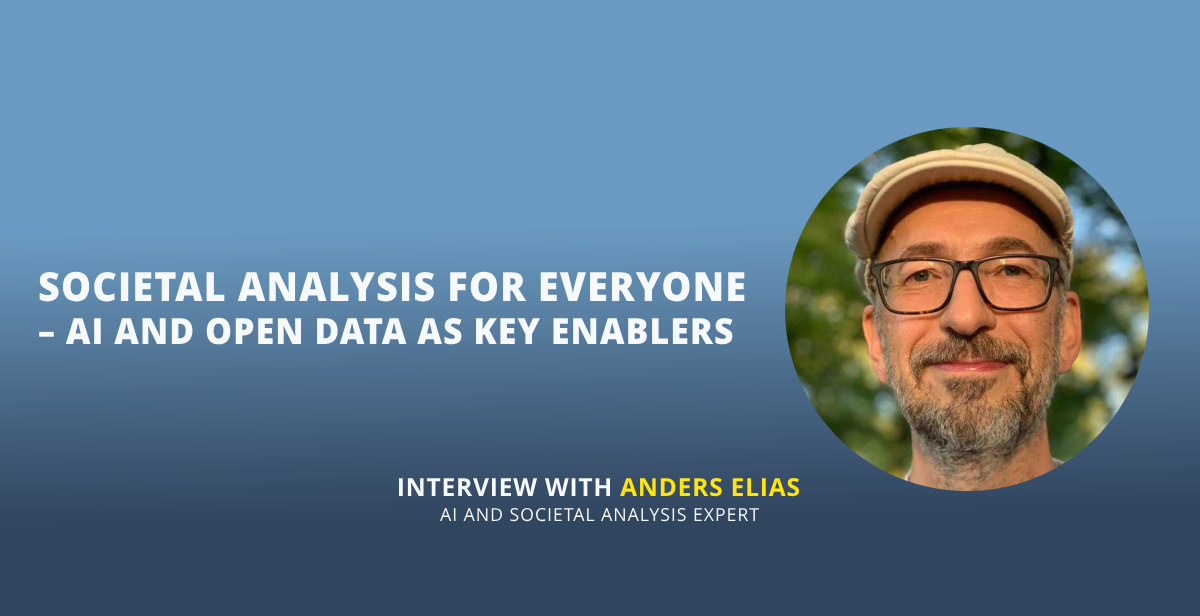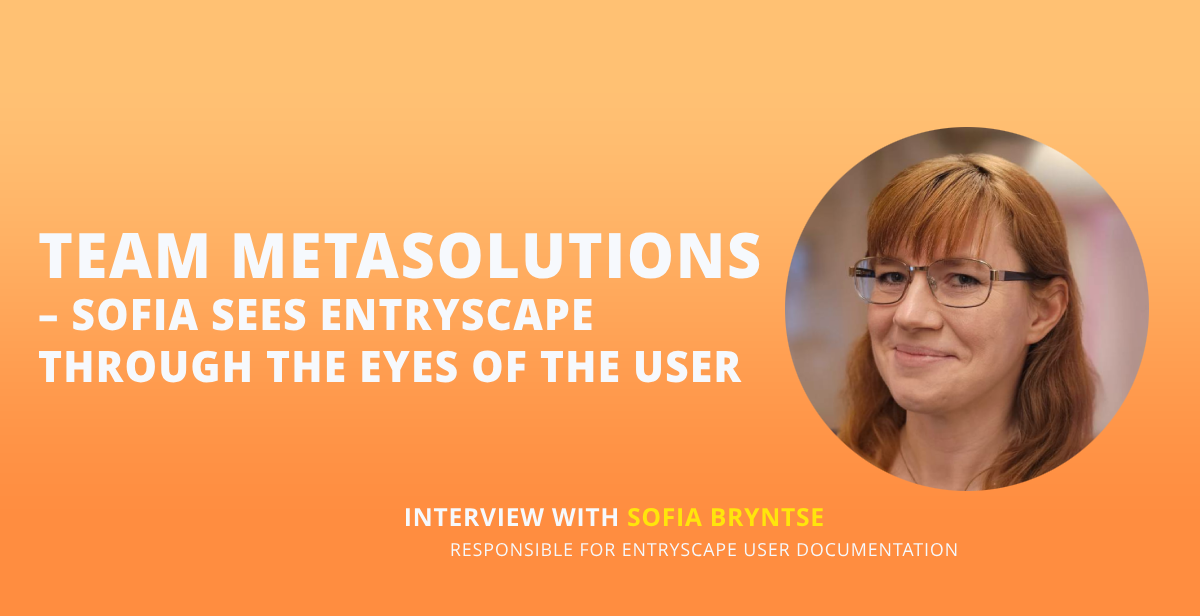Even if a dataset is open, there may be a desire to control how it is used in some ways. For example, you may want to give credit to the author when the dataset is used. To achieve this, a license for the dataset is required. Creative Commons is an internationally recognized framework for such licenses.
You may have heard or seen the term Creative Commons, do you really know what it stands for? Creative Commons is a global non-profit organisation best known for creating a variety of easy-to-use licenses for a wide range of content that would otherwise have a very restrictive copyright status by default. The organisation also works to create and provide tools to facilitate the use of its licenses.
Connor Benedict is the Open Culture Coordinator at Creative Commons. He explains how Creative Commons licences make it easier for people to access and share cultural content and creations.
Do you want to read this text in Swedish? Click here.
– At Creative Commons we believe strongly in the benefits of open access to cultural heritage. This approach contributes to dynamic societies that evolve in positive ways, says Connor Benedict.
He describes the users of Creative Commons licenses as “galleries, libraries, archives and museums”. GLAM (galleries, libraries, archives, museums) is a clever acronym. These organisations provide resources for entertainment, education and research, and promote knowledge in general. This is good for creativity and innovation.
– People are empowered by making these collections openly accessible, shareable and reusable, both physically and online, explains Connor Benedict.
Protecting and sharing
Creative Commons licenses are useful for a wide range of content and works, such as articles, books, films, music and photographs, even websites and blog posts. It is worth noting that Creative Commons does not recommend the use of its licenses for software, but suggests the use of other free and open licenses that are more appropriate for such purposes.
A key principle of most Creative Commons licenses is that you can use content and works protected by these licenses as long as you give clear credit to the creator or licensee (this is called attribution).
Recommended reading: Open society – Creative Commons holds the key
However, there are several aspects that distinguish different Creative Commons licenses. For example, if you use a work, you must make your own work available under the same licence. You are also not allowed to use the protected material in a way that generates income. Another important point is that only the whole work can be copied, distributed, displayed or used in any other way; in other words, it is not allowed to use parts of the work as part of something else. Nevertheless, there are situations where you can use the protected material in a modified form or as part of other works.
In summary, Creative Commons licenses have two main purposes:
1. To protect material (content and works) of different kinds so that it can be used and distributed in ways that the creators and/or licensees want.
2. To make it easy to make material available and to distribute, share and reuse material.
Creative commons and open data
It is clear from the descriptions above that Creative Commons licenses play an important role in protecting and disseminating different types of content and works. But how do they relate to data, and more specifically to open data?
– Data has potential value if it can be shared between organisations in a legal way. This is increasingly happening through open, standardized solutions such as Creative Commons licences, says Connor Benedict.
Find out how You can get started with open data!
For example, owners of collections of various kinds, such as museums, can make both materials and information about the materials available to the public by using Creative Commons licenses. This can be done by making materials and information machine-readable where appropriate, which increases the chances of information appearing in popular search services such as Google.
The principles of openness that underpin Creative Commons licenses can be applied to a product of creative work as well as to information about the work or a digital representation of the work. In other words, a painting, a text about the painting and an image of the painting on a website can all be made available under a Creative Commons licence.
Access to our cultural heritage
So much for the formal description of Creative Commons and how these licenses and tools relate to open data. But why should we care?
– Creative Commons licenses and tools enable open access to our cultural heritage. This creates more opportunities for serendipitous innovation and facilitates the development of innovative applications on the web. There are many ideas that can only be realized thanks to open access to cultural heritage, says Connor Benedict.
As an example, he cites the open archive of sound recordings published by the US Library of Congress. As well as being able to search and listen to recordings, it is now easier to use them in your own work.
One of the benefits of using a Creative Commons licence for a dataset published as data is the ability to control how the dataset is used, e.g. how it is shared and how the author or license holder is credited. As Creative Commons solutions are internationally accepted, their use facilitates the dissemination of data.
How to publish open data? Learn more about EntryScape Catalog!
In essence, the basic ideas behind Open Data and Shared Data and Creative Commons are the same: access to data, as well as to other content and types of work, should be easy for everyone. Creative Commons goes a few steps further in some respects.
– Creative Commons Zero (CC0), the public domain license, is now widely used for publishing open data. It’s easy to select via EntryScape and makes it much easier to use open data, as supported by the Swedish Intellectual Property Office and the Agency for Digital Government, says Matthias Palmér, Chief Technology Officer and co-founder of MetaSolutions.

